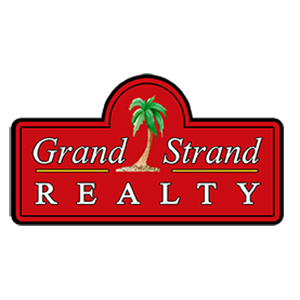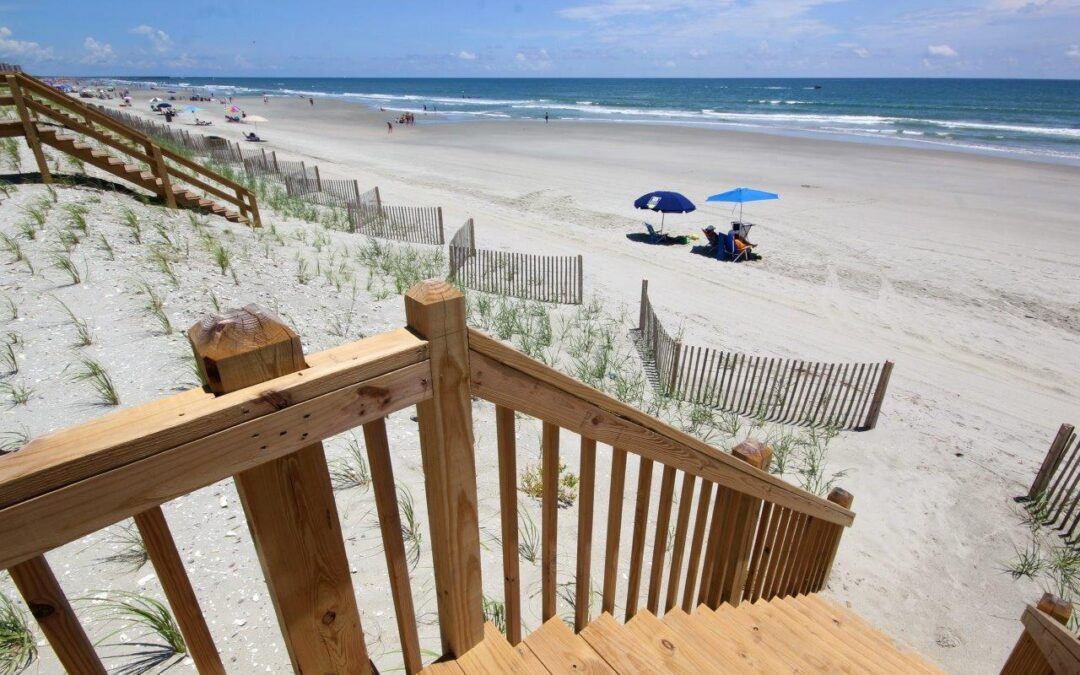Understanding Beachfront Property in North Myrtle Beach, SC
Buying a beachfront property in North Myrtle Beach, SC is a dream for many, but getting it right takes a bit of research and planning. North Myrtle Beach offers a variety of oceanfront homes, condos, and townhouses, and the vibe is more relaxed compared to some of the more crowded parts of the Grand Strand. I’ve learned that the market here can feel a little different from other places, thanks to local zoning, flood zones, and the impact of tourism. Knowing what makes beachfront real estate unique really helps set realistic expectations before making any decisions. The area’s market tends to attract those seeking both a laidback lifestyle and smart investment opportunities, with property types that range from single-family homes to high-rise condos. With so many choices available, it’s important to know exactly what you want out of your coastal escape or investment.
Getting to Know the Neighborhoods
Every area in North Myrtle Beach has its own personality. Whether you’re searching in Cherry Grove, Ocean Drive, Crescent Beach, or Windy Hill, it’s wise to spend time exploring. Cherry Grove is popular with families and brings a laidback atmosphere, while Ocean Drive is known for its local events and music scene. Take some time to walk the beaches, drive around at different times of day, and try a few neighborhood restaurants or beachside cafes. This kind of hands-on exploring gives you real insight into where you’d feel most comfortable living or investing. Check local community bulletin boards or talk to residents for other perspectives on daily living. Understanding school zones, noise levels, and seasonal crowds will help ensure your choice fits both your lifestyle and financial goals.
Considering Your Beachfront Lifestyle
Beachfront living in North Myrtle Beach isn’t just about a beautiful view, it’s also about the lifestyle you want. Some properties have direct beach access, while others are set back with shared paths. Think about how often you’ll visit, parking needs, and how much space you want for friends or family. If you’re planning to rent out your property, scope out neighborhoods that are popular with tourists and have strong rental histories. Features such as pools, private walkways, and large balconies often make these homes more appealing for vacationers. Opting for a spot near entertainment or restaurants can boost your rental potential, while quieter stretches of sand offer a peaceful retreat. Be realistic about your expectations for privacy, convenience, and what “beachfront” means to you—some stretches of shoreline differ in terms of access and surf. Don’t forget about the activities you enjoy, like fishing, surfing, or just relaxing by the ocean, and let that influence your choice of location.
Decoding Flood Risks and Insurance
Buying right on the beach comes with extra responsibilities, particularly when it comes to flood risks and insurance. North Myrtle Beach is mapped into various flood zones, and properties closest to the ocean can land in high-risk categories. I always suggest looking up the FEMA flood maps for any property you’re considering and asking your real estate agent about past flooding issues. Flood insurance is usually needed, and the premiums can vary a lot based on the location and the elevation of the home. Make sure to budget for this ongoing cost so there are no surprises after you close on your dream property. Some new developments have been designed with flood resistance in mind, but older properties may require additional upgrades or ongoing improvements to stay safe and compliant. Discuss these details with your agent and insurance provider before you sign anything.
Checking HOA Rules and Regulations
A lot of beachfront condos in North Myrtle Beach are governed by homeowners’ associations (HOAs). These groups can be super helpful for managing building upkeep and beach access, but they can also come with a long list of rules. Before moving forward with any property, ask for a full copy of the HOA’s covenants. Find out about guest policies, rental restrictions, pet rules, and monthly fees. Some HOAs are pretty flexible, while others are quite strict, so it’s good to know what you’re agreeing to ahead of time. This can help avoid any unpleasant surprises later on and allow you to plan for things like additional assessments, updates, or repairs that might crop up over time.
Budgeting for Beachfront Maintenance
Salt air, wind, and sun can be tough on coastal homes. Staying ahead on maintenance is essential. Wooden decks need regular sealing, HVAC systems work harder, and windows should be checked often for signs of rust or salt damage. When viewing properties, pay close attention to the age of roofs, siding, and major systems. Ask the seller or your home inspector about beach specific upkeep costs and repairs. Condos with onsite maintenance teams can make things easier, but for houses, having reliable local contractors on call is a lifesaver. Plan for future expenses, such as repainting, storm proofing, or replacing exterior materials, and set aside a budget for these needs.
Knowing the Rental Market and Potential Income
If you’re planning to rent out your beachfront home when you’re not there, North Myrtle Beach offers a lively vacation rental scene. Watch local occupancy rates, rental restrictions, and required city permits. Some neighborhoods see more year round activity, while others are busiest during the summer months. I like to check vacation rental platforms to get a sense of average nightly rates and guest reviews for similar properties. A local property manager can help with bookings and cleaning, making the process easier if you don’t live nearby. Tracking changing trends, like the popularity of extended stays or seasonal events, can help you make the most of your investment.
Working with a Local Real Estate Expert
Choosing a real estate agent who understands beachfront property in North Myrtle Beach can save you both time and stress. These pros know the ins and outs of zoning, HOA quirks, rental numbers, and which buildings handle the weather best. When you find an agent you trust, make sure they answer your questions clearly and point out both the perks and possible downsides of each home. A good local agent will also help you understand city regulations, taxes, and what to expect during hurricane season so you’re fully prepared before making an offer. Their insights on negotiation and contracts can be especially handy, giving you an edge as you search for your ideal home or investment.
Final Steps: Home Inspections and Closing
Before you finalize your purchase, a thorough home inspection can flag up any hidden issues. Pay special attention to signs of moisture, storm damage, or outdated electrical work. It’s also a good idea to look for any recent repairs or pending special assessments in condo buildings. Closing on a beachfront property in North Myrtle Beach works similarly to other places in South Carolina; having a local real estate attorney involved helps keep the process smooth. With the right planning and a bit of local knowhow, owning a place on the beach here can be a truly rewarding experience. Enjoy your new home knowing you’ve taken smart steps to make your coastal living dreams a reality.

